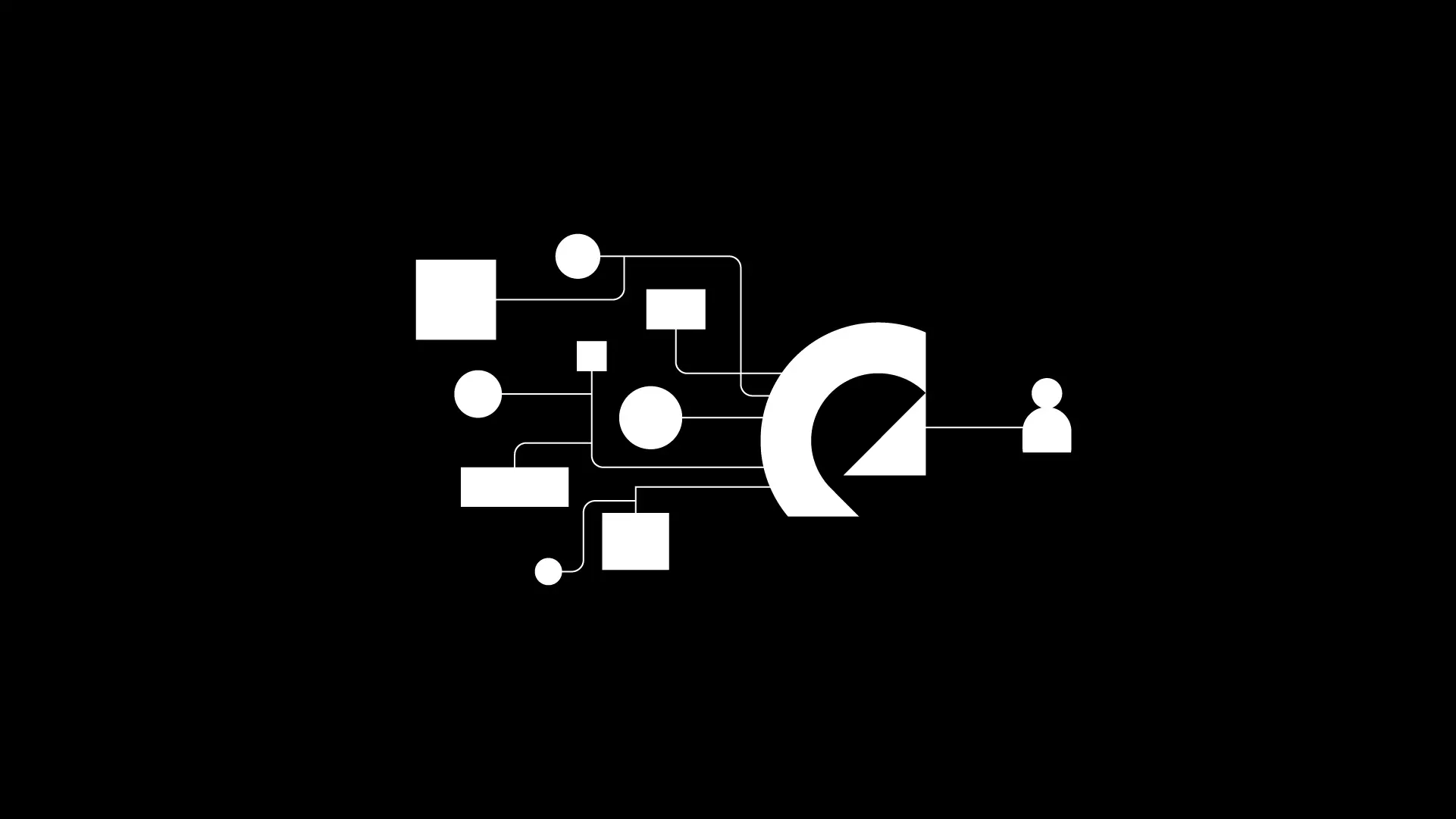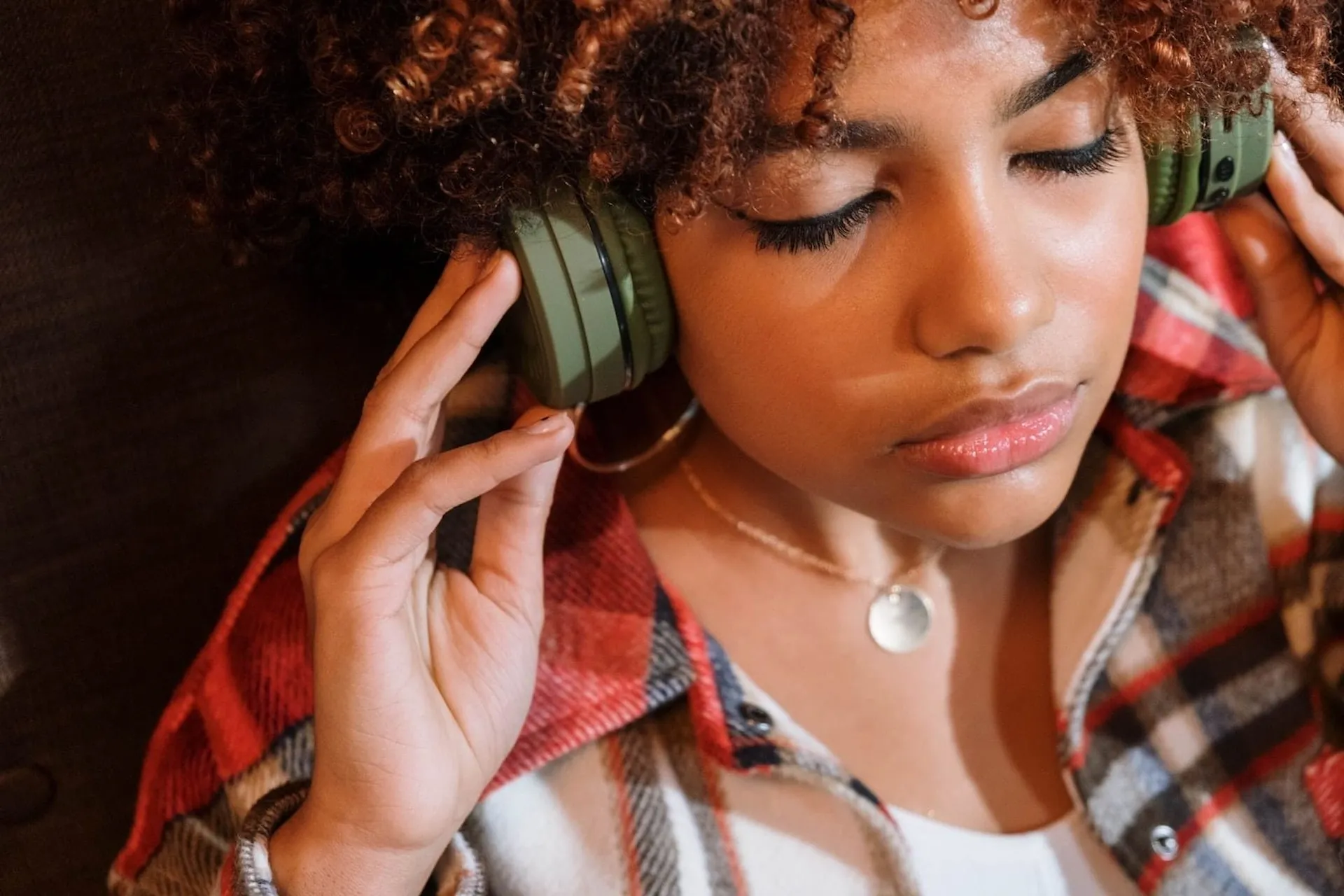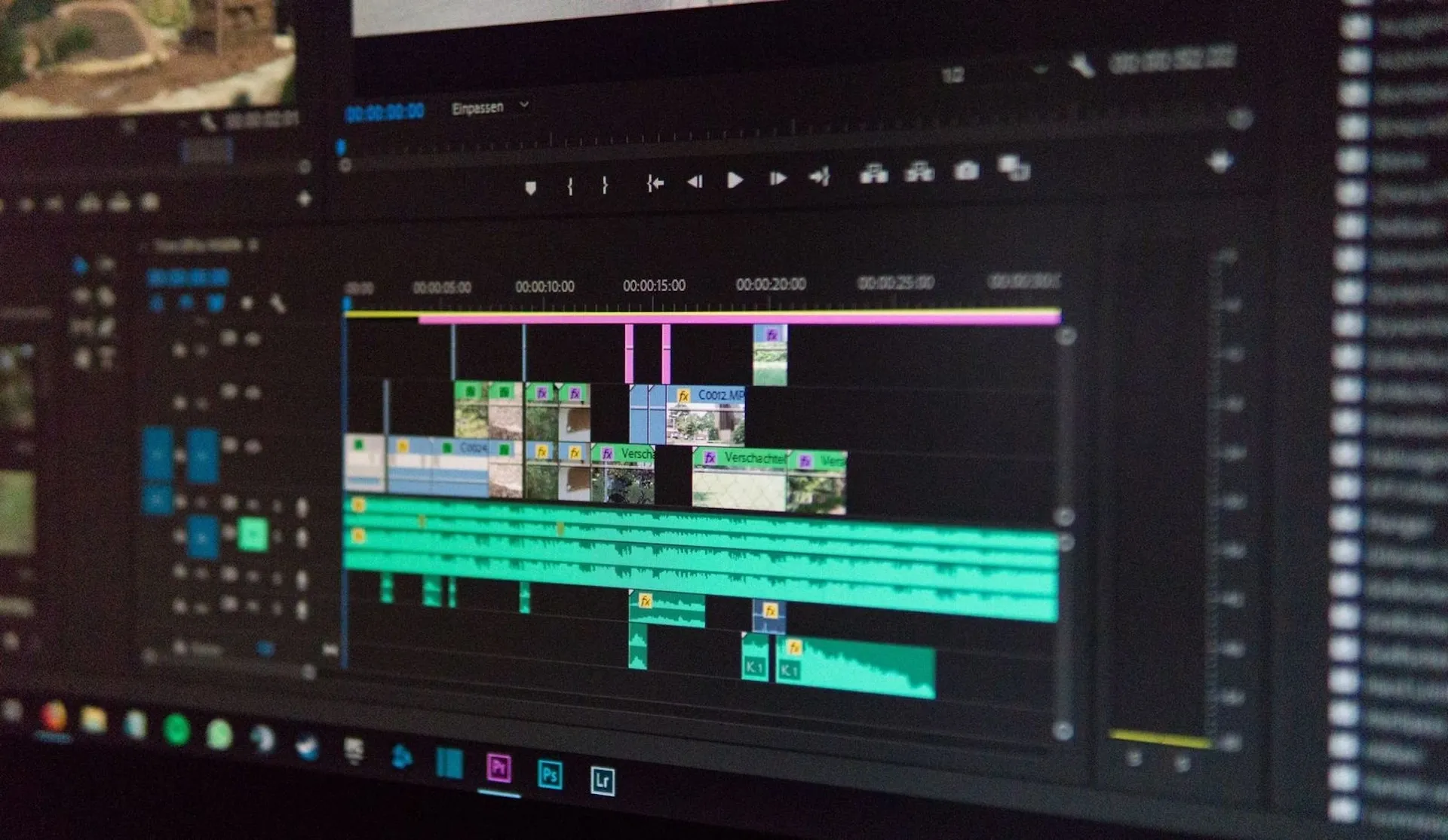Direct licensing: Explained
Direct licensing covers all rights, including public performance. It's made possible by companies owning all of the financial rights to their music.

In this article, we’ll explain what direct licensing is, and how you can use it to take your content creation process to the next level.
What is direct licensing?
A direct license covers all rights. It’s made possible by companies owning all of the rights to the music in their catalog, like Epidemic Sound. One upfront payment — or recurring, if you subscribe — gives you access to a huge selection of high-quality music to use safely in your content.

What’s the difference between royalty-free and direct licensing?
‘Royalty-free’ refers to the license with which you obtain the music, rather than the music itself. In turn, the license concerns which parts of the copyright are covered, rather than the actual track. This is why it’s extra important to check that the license covers everything before you publish soundtracked content on public platforms like YouTube, Instagram, and Facebook.
Royalty-free music companies don't always offer direct licenses — their agreements rarely include the full package of rights required. This leaves content creators liable to pay for the rest.
Direct licensing is a one-stop shop for all the rights you need to publish soundtracked content. Synchronization rights, mechanical rights, and public performance rights? All included. Additional fees or royalties? Forget about it. That’s what Epidemic Sound offers users. Check out our catalog of more than 40,000 tracks and 90,000 sound effects below.

Why direct licensing?
Direct licensing is usually chosen for one of two reasons:
- Music creators are confused. They don’t know when and where their music is being used. They’re also frustrated because they aren’t compensated for their hard work.
- Content creators in need of soundtracks are equally frustrated by the uncertainty and risk-taking around licensing. They don’t know if using a track in their content will get their video blocked, muted, or taken down.
Direct licensing solves both problems:
- Music creators are paid upfront for their work, meaning they can focus on new music instead of complex deal structures. They transfer the rights to a company purchasing the music, but can still receive royalty payments in the future. For example, Epidemic Sound's model ensures artists are paid fairly. We pay music creators upfront, split streaming revenue 50/50, and annually distribute a $2.5 million Soundtrack Bonus to our artists, based on the performance of their tracks.
- Content creators who acquire music through a direct license are given all of the necessary rights, without having to worry about problems with copyright.

What are the benefits of direct licensing, plain and simple?
For music creators: Payment upfront and peace of mind
For content creators: Freedom of choice and value for money
For everyone: Less risk and more time to create
With Epidemic Sound, you can publish your soundtracked content anywhere online, worry-free.
Get started with Epidemic Sound below and start soundtracking the world.

Related posts:

